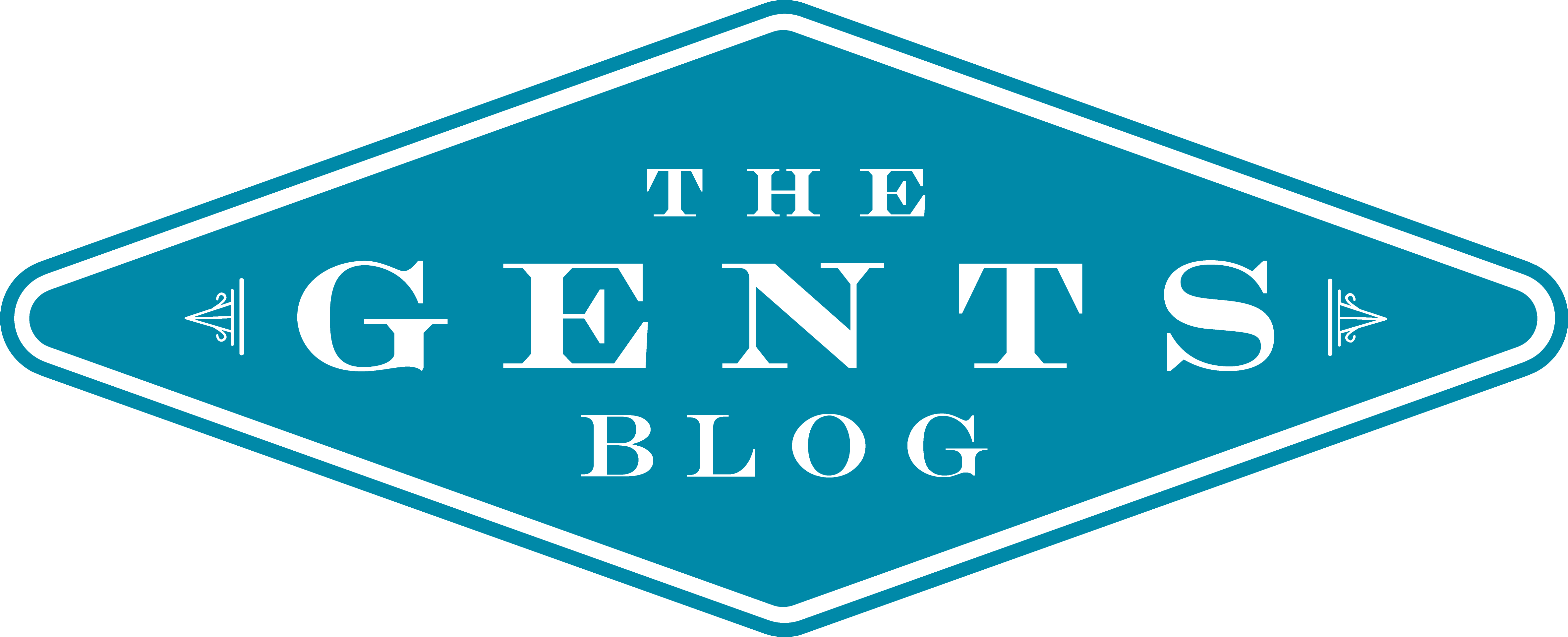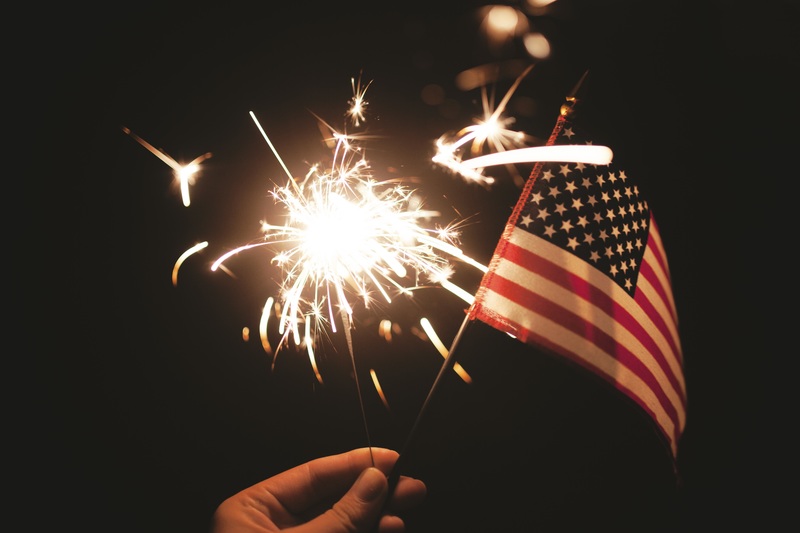Most of us know that Labor Day is the first Monday in September and that it’s the unofficial end of Summer (and that means no more white or seersucker). It’s also the last weekend before “back to school” for many youngsters. But most might not know how the holiday came about in the first place, and in this period of unrest and “protests,” a look back at how this holiday came about can be really instructive.
End of the 19th Century
Many of us today work some variation on a 40 hour work-week, most frequently divided into 5 eight-hour days. But in the late 1800s, this was hardly the norm for most workers. They worked 12 hour days, 7 days a week, and very often kids were right there in the workplace as well. If that wasn’t enough, conditions were frequently unsafe, and there wasn’t access to sanitary facilities or fresh air. Breaks? No way.
Most of the public had a general awareness of these conditions, but it would take bigger events to force change. On September 5, 1882, 10,000 workers in NYC took unpaid time off to march in NYC, inaugurating the first Labor Day parade in history. The march was peaceful, and didn’t involve any looting, fires, or smashing of businesses. But it wasn’t until 1894 that things really got moving.
The Pullman Strike
This was a time when most Americans traveled by rail the way they now travel by airplane or car. Any sort of restrictions on rail travel would have major consequences for the country, and not just economically. There had been some economic challenges in late 1893 and early 1894 and as such Pullman had laid off workers and reduced wages, but did not decrease the rents in the company town where most of the workers lived. This made conditions ripe for a strike, and Eugene V. Debs, leader of the American Railroad Union, used the discontent to call a national railroad boycott against Pullman cars: this meant that his workers refused to change Pullman cars at different stopping points and stations.
This paralyzed railroad traffic and despite the fact that the government filed for and got an injunction to stop the workers from refusing to switch cars that specifically carried US mail, the strikers continued. This meant that the military got sent in to break the strike and inevitably, people were injured and killed.
New Holiday
While the sources and consequences of these and other strikes are far from simple, the government saw an opportunity to quell the violence for the moment in passing a bill that had been sitting dead for almost a year: an annual holiday for laborers. On June 28th, 1894, President Grover Cleveland signed the bill into law designating the first Monday in September for the holiday’s observance. Given that the Pullman strike had been called on May 11th, one can see that pressure and circumstances can actually lead government to act quickly, at times.
Interestingly, there had already been a holiday established as International Workers’ Day, on May 1st. This had been chosen by workers’ unions in Europe to commemorate an American strike, the Haymarket Riots on May 1, 1886. But the President did not want this new holiday associated with the radicals of Haymarket (ask any AP US History student in your house if you want the low-down on that event) and so chose September.
Celebrations
The official government reason for Labor Day is listed as “a tribute to the contributions workers have made to the strength, prosperity, and well-being of the country.” It’s usually marked by parades to show the strength of the labor unions, then followed by the very American tradition of barbecues and fireworks. Today, even those who work in offices and could hardly be called “laborers” partake in this holiday too.
As always, once you know a bit about the past, you can appreciate the present a bit more. And if you’re willing to put the challenges of the present in the frames of what has come before, you have a template for possible change in the future.
Do you have any favorite Labor Day traditions in your family? Share with us in the comments.



